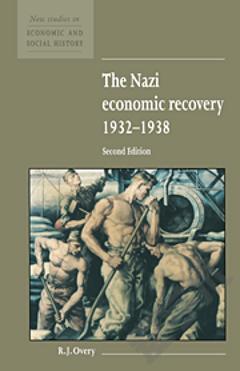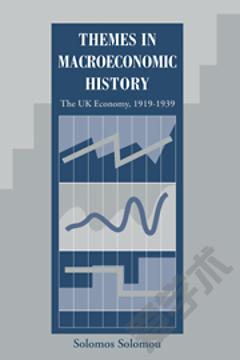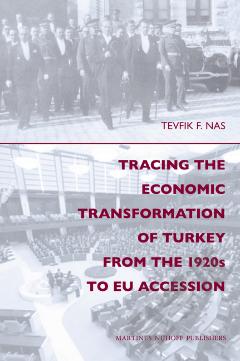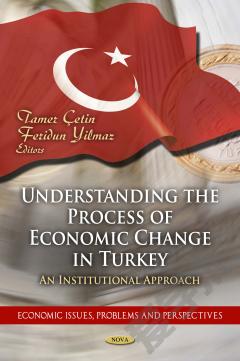The Definition of a Peripheral Economy: Turkey 1923–1929
The period of Turkish history from the foundation of the Republic in 1923 to the depression in 1929 was characterised by a minimum of state intervention in the economy. This book, which illuminates the ways in which the forces of world capitalism acted upon and structured the peripheral formation of the Turkish economy in this period, provides a clear case study in the relationship of dependent economies to the capitalist world-system. Professor Keyder emphasises the importance, as mechanisms in the maintenance of existing economic relations, of two networks: that of trade, connecting producers with external markets; and that of credit, through which a dependency between foreign suppliers of funds and local users was established. This important contribution to the theoretical analysis of economic dependency will interest historians, economists and sociologists studying both historical and contemporary forms of economic peripheralisation.
{{comment.content}}








 京公网安备 11010802027623号
京公网安备 11010802027623号